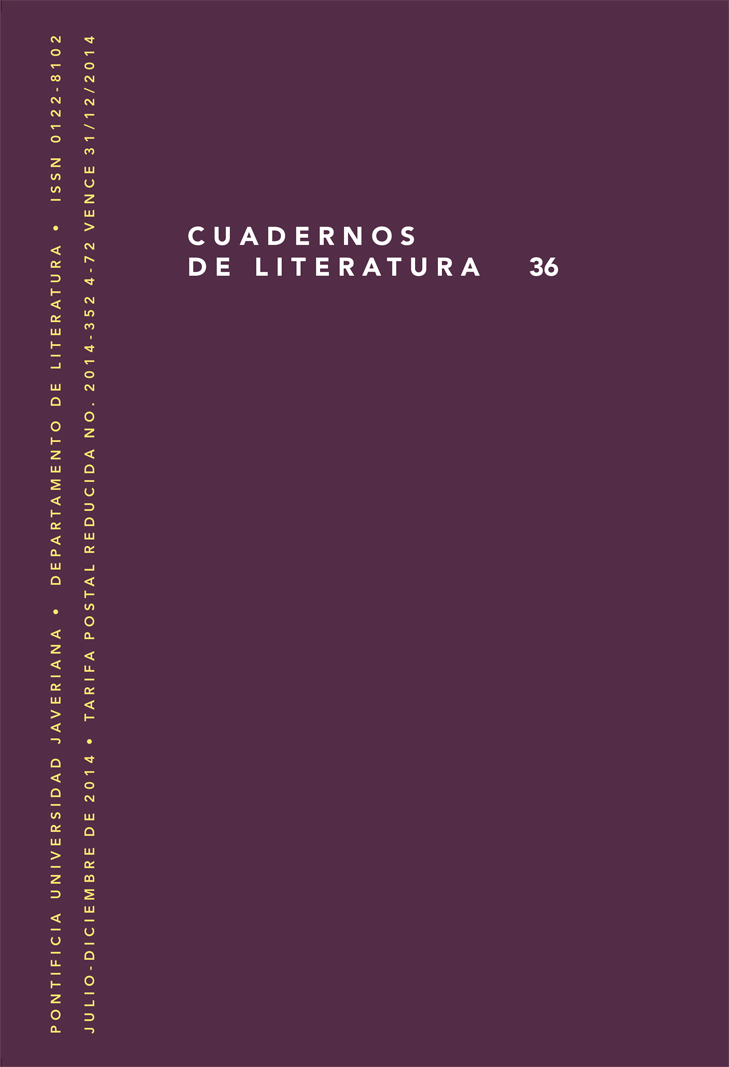Abstract
Los aniversarios de los treinta y de los cuarenta años del golpe de Estado que instaló la dictadura de Pinochet en Chile han sido acompañados por una especie de “boom” autobiográfico y memorialista. Tanto figuras políticas conocidas como exmilitantes de los sesenta y setenta han dado a conocer sus relatos de vida en formato de libros, entrevistas y películas. Este artículo examina las autorrepresentaciones de dos autobiógrafos chilenos, Max Marambio (ex-MIR) y Eugenio Tironi (ex-MAPU), que han abandonado sus posiciones radicales de izquierda convirtiéndose en lo que hoy en Chile se conoce como izquierdistas “renovados” (es decir, un izquierdismo que opera dentro de la lógica del mercado neoliberal). ¿Cómo cuentan sus vidas y justifican sus metamorfosis subjetivas? El artículo cierra con un examen del discurso de Marco Enríquez-Ominami, hijo del líder legendario del MIR (Miguel Enríquez) y dos veces candidato a la presidencia (2009 y 2013), cuya vida dramatiza tanto la problemática de la izquierda en la postdictadura como la tensión que surge al pensar entre épocas.Cuadernos de Literatura is registered under a Creative Commons Attribution 4.0 International Public License. Thus, this work may be reproduced, distributed, and publicly shared in digital format, as long as the names of the authors and Pontificia Universidad Javeriana are acknowledged. Others are allowed to quote, adapt, transform, auto-archive, republish, and create based on this material, for any purpose (even commercial ones), provided the authorship is duly acknowledged, a link to the original work is provided, and it is specified if changes have been made. Pontificia Universidad Javeriana does not hold the rights of published works and the authors are solely responsible for the contents of their works; they keep the moral, intellectual, privacy, and publicity rights.
Approving the intervention of the work (review, copy-editing, translation, layout) and the following outreach, are granted through an use license and not through an assignment of rights. This means the journal and Pontificia Universidad Javeriana cannot be held responsible for any ethical malpractice by the authors. As a consequence of the protection granted by the use license, the journal is not required to publish recantations or modify information already published, unless the errata stems from the editorial management process. Publishing contents in this journal does not generate royalties for contributors.


